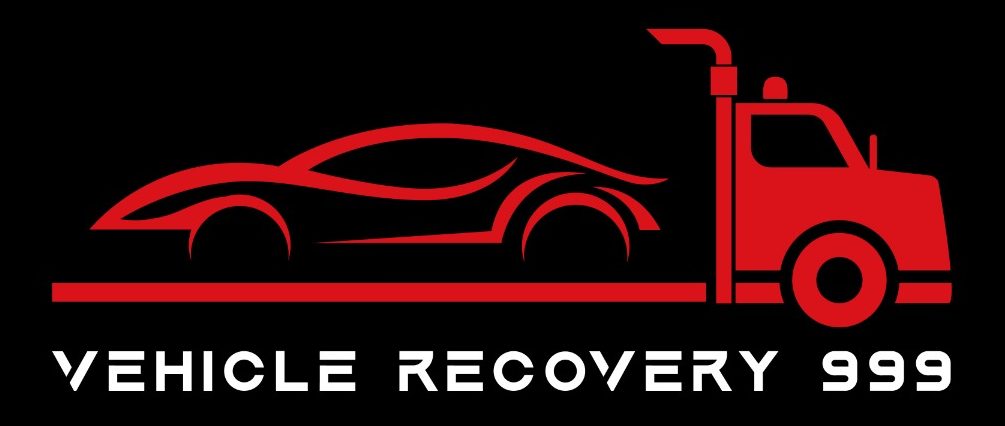The vehicle recovery industry is undergoing a necessary transformation as environmental concerns become more pressing. With rising emissions, growing fuel consumption, and the need to reduce waste, towing companies are exploring cleaner and more sustainable methods. This article looks at how eco-friendly towing is changing operations, from hybrid tow trucks to better maintenance and disposal practices. It also explores the challenges and opportunities shaping the future of greener vehicle recovery, highlighting how companies like Vehicle Recovery 999 are leading the way.
The Urgency for Change in Towing Practices
The towing industry plays a vital role in keeping roads clear and vehicles safe. However, the traditional methods used by tow trucks have long contributed to pollution and other environmental impacts. High fuel consumption, improper fluid disposal, and inefficient maintenance practices have all taken a toll on ecosystems and local soil quality.
For companies like Vehicle Recovery 999, the need to transition to eco-friendly towing isn’t just about responsibility—it’s about future-proofing an essential service in a changing world.
Understanding the Environmental Impact of Towing
Every tow truck on the road contributes to emissions. Whether operating in rural areas or urban traffic, the carbon footprint of each recovery can add up. From fuel choices to how waste fluids are handled, every step matters. When trucks idle during dispatch or overuse fuel, it directly affects air quality and the surrounding environment.
Even something as simple as the way trailers are loaded or how fluids are disposed of after maintenance can damage nearby soil and water ecosystems. For example, used oil or brake fluids that aren’t recycled or disposed of correctly often seep into the ground, damaging plant life and affecting water supplies.
Innovations Driving Eco-Friendly Towing
The good news is that towing practices are evolving. Some of the biggest advancements are being seen in fuel efficiency and alternative fuel options. Many modern tow trucks now use hybrid or electric power systems, significantly lowering carbon emissions.
At Vehicle Recovery 999, the adoption of eco-friendly towing practices includes the use of low-emission trucks, maintaining strict recycling policies for all vehicle fluids, and conducting regular inspections to minimize waste.
Key Shifts in Equipment and Operations
- Hybrid Tow Trucks: These vehicles reduce fuel consumption and are especially effective in stop-and-go city traffic.
- Eco-Conscious Maintenance: Regular engine checks and fluid monitoring prevent unnecessary leaks and emissions.
- Recycling Programs: Everything from worn-out parts to used fluids is recycled wherever possible to avoid unnecessary waste.
Dispatch Efficiency and Fuel Savings
One area often overlooked is dispatch efficiency. With smarter routing tools and GPS tracking, companies can reduce travel time, idling, and unnecessary fuel burn. This doesn’t just help cut costs—it makes a big environmental difference.
Vehicle Recovery 999 utilizes an advanced dispatch system that reduces fuel consumption and enhances service response times. This contributes to a lower environmental footprint for every recovery performed.
Consumer Demand for Greener Services
Today’s consumers are more aware of environmental issues than ever before. Many now actively seek out companies offering eco-friendly towing. For some, it’s about doing their part for the planet. For others, it’s a matter of supporting businesses that align with their values.
Meeting this demand requires not just cleaner trucks but better education. Letting customers know about sustainable practices builds trust and long-term loyalty.
Managing Fluids and Waste Responsibly
Spilled fluids like transmission oil or coolant don’t just disappear—they can pollute storm drains, affect local wildlife, and increase the risk of long-term soil damage. Towing services must prioritize proper containment, storage, and recycling of all vehicle fluids.
This also includes tire disposal and battery handling. Batteries, if not recycled correctly, leak dangerous chemicals into the environment. That’s why Vehicle Recovery 999 ensures all parts and fluids are disposed of under strict environmental protocols.
The Bigger Picture: Long-Term Environmental Goals
Eco-friendly towing is not just a short-term fix. It’s part of a larger push toward environmental sustainability within the vehicle recovery industry. Companies need to continue investing in equipment upgrades, training programs, and better technology to reduce pollution across all operations.
The goal is not only to tow vehicles but to do so in a way that supports cleaner air, safer soil, and reduced impact on ecosystems.
Challenges Still Ahead
Switching to eco-friendly towing isn’t without its hurdles. Hybrid and electric trucks can cost more upfront, and not every region has the infrastructure to support these vehicles. Additionally, retraining teams to handle new technology and maintain best practices requires time and commitment.
Yet, the long-term benefits—both financially and environmentally—make these investments worthwhile. As more providers follow the lead of companies like Vehicle Recovery 999, the shift will continue to gain momentum.
Final Thoughts: Leading by Example
Tow trucks are essential, but they don’t have to come at the expense of the planet. Through better fuel choices, smarter dispatch, and strict recycling practices, eco-friendly towing is setting a new standard for the future of vehicle recovery.
At Vehicle Recovery 999, every recovery job is an opportunity to reduce emissions and minimize harm. The industry is changing—and we’re proud to be part of that shift.

